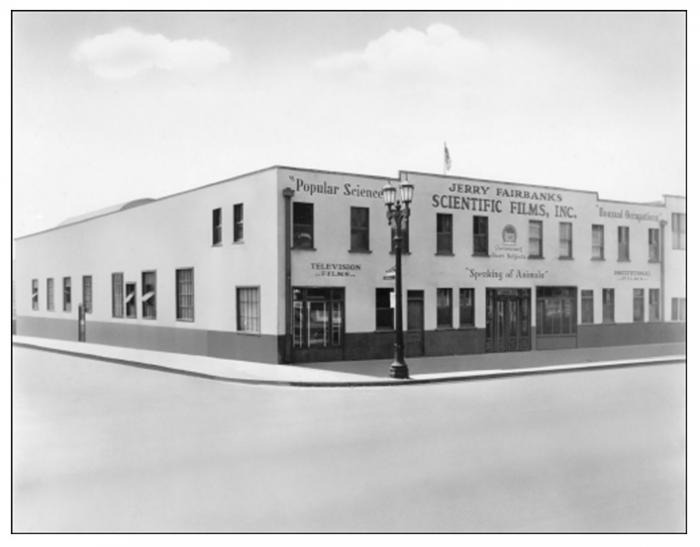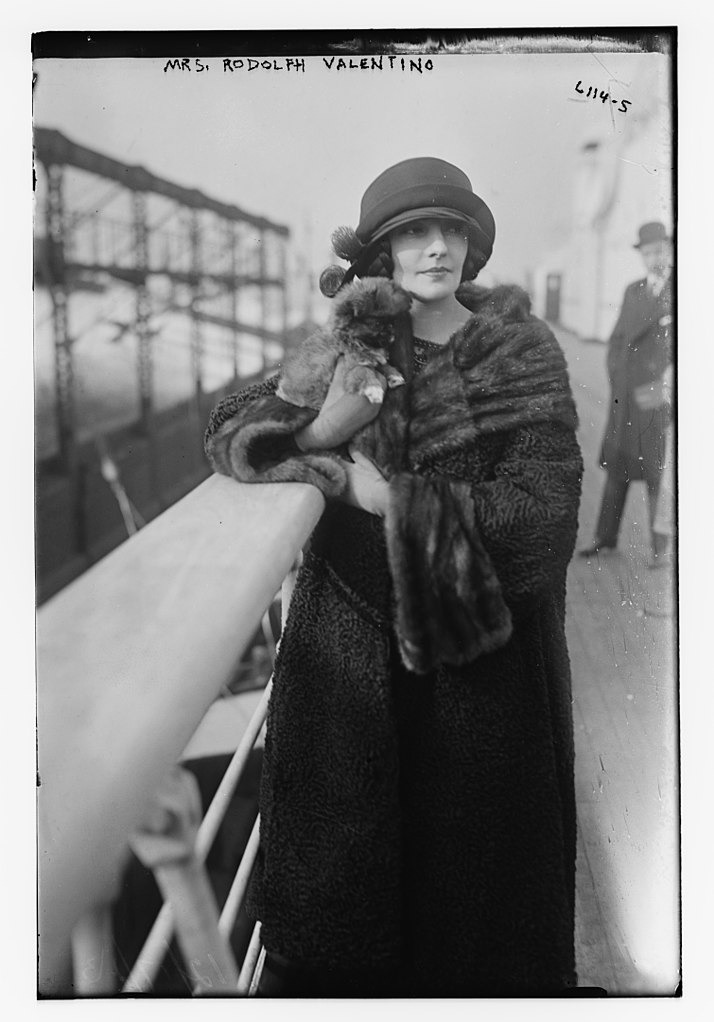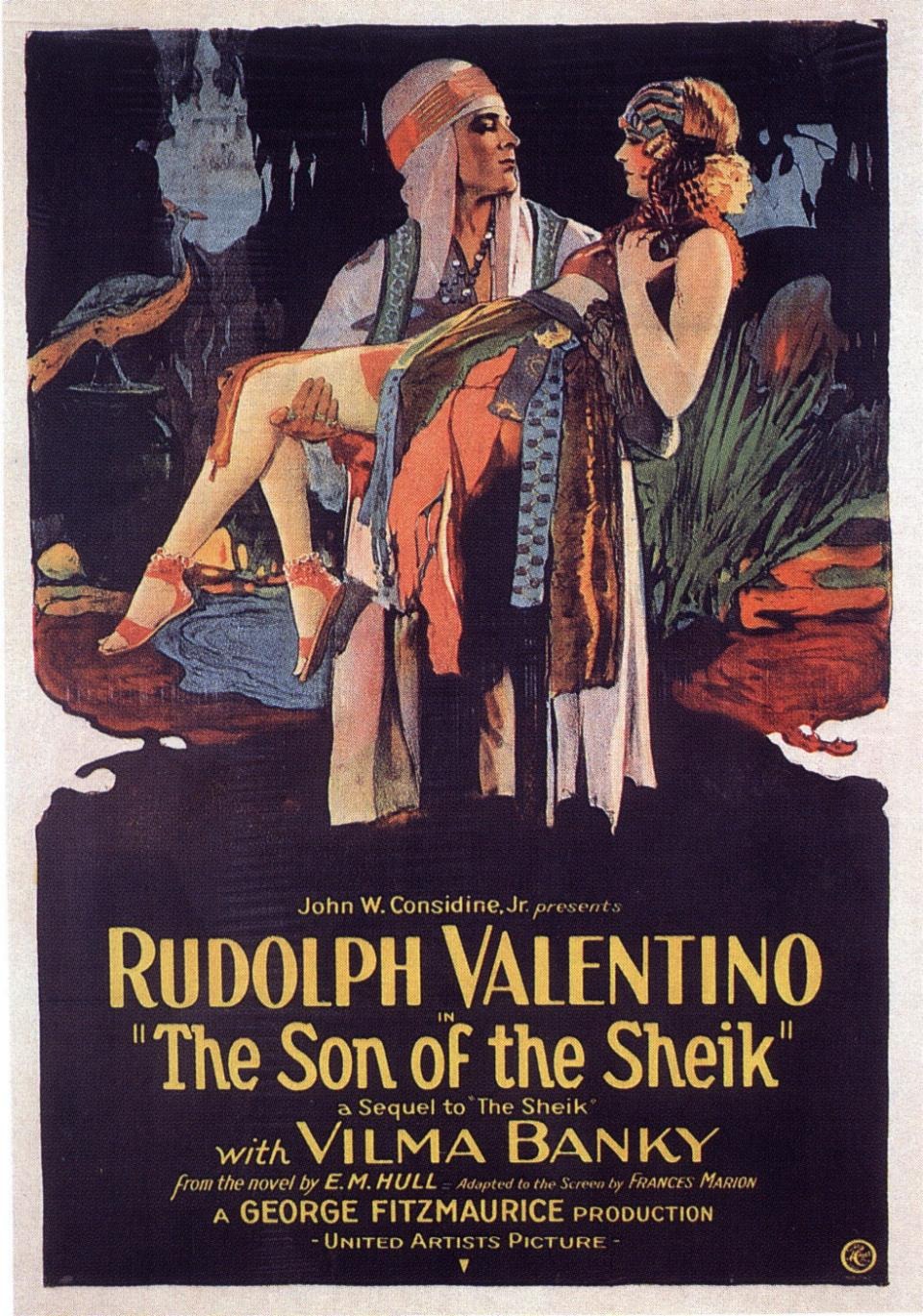Job Hunting in Hollywood
A Lone Woman Fights Game Fight – BY LOUISE GALLAGHER
THE most interesting thing about any town is its people. If you could life the crowds that promenade back and forth on Hollywood Boulevard and set them down in any city in the United States, they would create a sensation, but no one would take them seriously.
It is because Hollywood takes itself carelessly that the casual observer gets the impression that it is made up of those who care not a bit whether they ever amount to anything so long as they get all of the joy possible out of life. The bizarre architecture and the endless succession of sunshiny days are responsible for this camouflage. It is hard to take life seriously in a house painted all colors of the rainbow or to worry over the sorrows of others when there is never a gloomy day to match your mood.
There is one woman here though who has looked beneath the gay exterior that Hollywood shows to the world and has seen life as it is. Dorothy Reid is, I think, the most interesting woman in the movie colony. She is quite lovely and altogether charming, with an appealing sweetness that is hard to describe. I was ever so pleased when she asked me to spend an evening with her. I think she must have guessed I woudl want to see young Wally and the little adopted daughter, for she asked me to come early before the children went to bed. The Reid home is beautifully situated in Beverly Hills, with a splendid view of Hollywood and Los Angeles in the distance. The house is of Spanish architecture, long and low, with a tiled court on one side opening on a tennis court and swimming pool. The living room, which occupies nearly the entire front of the house, is rather simply furnished.
As I looked at the pictures of Wally Reid on the wall, I saw a flash-back of the dressing tables of the girls at school; how few of them had been without a photograph of Wally and how we used to envy Mrs. Reid. She seems to be a woman with no vanity at all. I asked her something about her own successful career on the stage and screen. “I liked the legitimate stage very much and the first few years of my married life I was in pictures, mostly because we needed the money then, but I was very content when I could settle down to a domestic life.”
Wally. Junior.
The children came in just then to say “hello.” William Wallace Reid, aged seven, minus a front tooth, has a face exactly like his father’s and his smile, too, is the same. Early photographs of Wally look very much like “young Bill” of today. “Do you want your son to be an actor?” I asked Mrs. Reid.
“I hope he will not want to be one,” Mrs. Reid was quite earnest about it. “Of course, he is too young yet to tell just what talents he may have. I would much rather he took up some other profession. Wally never wanted to act. He was rather forced into it. What he wanted to do was to produce, and it was toward that end he was working. I suppose later on Bill will have offers to go on in the movies, but I hope he decided on some other career.
“Wally had too restless a temperament to stand the endless delays that go to make up a working day on a movie lot. Anything that he undertook he mastered thoroughly or let it alone. He was a splendid musician both on the piano and saxophone, but he could not content himself to playas others do. I rather dreaded seeing him open the piano in the evening, for I knew, no matter how hard he had been working, he would play until 3 or 4 in the morning. It was the same with the saxophone. For weeks he wouldn’t touch it, and then he would play it on a stretch for hours at a time. Just as quickly as he turned to music, he would turn from it and spend hours drawing or painting. When he read a magazine or a book, he read it all over the house-could not put it down until he had finished it. It was the same with everything. He mastered a thing thoroughly before he let go.”
“Excepting,” I hesitated to mention the thing that . has destroyed him unless Mrs. Reid wished to speak of it.
“Yes, dope won the final stretch because he was too run down and weak to stand doing without it. He would not let us given it to him; he had made up his mind that he would win the fight or die, and he did. He contracted the habit when he was hurt on the head in making a picture. He suffered intensely and the only relief came from morphine. It was a long time before we either one realized the danger, and when we did it was too late. The struggle lasted for over a year. Of course, if I had known then what I do now, Wally would have been here today. The dope habit is a disease and should be treated as one. It can be cured, but the breaking off must be gradual or the system cannot stand it: I have devoted much of my time the last two years to studying the dope situation and its menace to all classes of people, and I think I have founded a cure. This is still in the experimental stages, but so far the results have been wonderful. ”
“Human Wreckage.”
“It must have taken courage for you to have put out “Human Wreckage,” I told her.
“It did. Every bit of courage I possessed at that time went into the makinng of that picture. Fortunately, I did not at the time stop to consider the criticisms I would have to contend with. I just knew something must be done to awaken the people to a danger that was spreading so rapidly. On account of Wally’s great popularity with the public and their sorrow over his sudden death, I knew I was the one person whom they would listen to and believe. It was not easy for me to tell the world a secret that could have been kept hidden. His relatives criticized me for broadcasting the tragedy of his life. They could not understand how, loving Wally as I did, I could give to the newspapers the story of his losing fight against a habit that should have been conquered. But it is just there that the danger lies. If must not be kept a secret. If it is to be stamped out, we must talk of it, recognize it as a disease and find its cure.”
In Memorium.
Mrs. Reid went on to tell me that she established last year a hospital in the suburbs of Hollywood for the treatment of patients. More than too people were treated, some of the cures being very successful. The residential section in which the hospital was located objected to having an institution of this kind in their midst, and on their complaint it was discontinued. The cure which Mrs. Reid thinks she has found for dope addicts was given her a few months after Wally’s death by a young soldier who had learned of the treatment from a Korean nurse. It is a simple prescription that can be filled at any drugstore and taken in 72 hours. The patient should be in a hospital so that careful attention may be paid to diet. The medical profession are watching with interest several cures made by Mrs. Reid, not one of whom as yet as suffered a relapse. I asked her if the dope situation in Hollywood was worse than anywhere in the states and why it was that it seemed to prevail to a greater extent among the theatrical profession than any other.
“That is a mistake,” Mrs. Reid told me. “It does not. There is less dope sold here than in many cities of this size in the states. The eyes of the world are more or less centered on Hollywood and its people and you read more about them in the papers. One dope addict in movie circles gets more notoriety than thousands in other places. The situation in Detroit is alarming, and in Peoria, Ill., there is more dope sold than in any town of its size.”
“But why,” I asked her, “do the studios permit peddlers of dope to come on the lots? A girl, an extra who cannot afford expensive habits of any kind, tried to borrow money from me the other day at one of the studios to buy Some aspirin. I rather suspected what it was she wanted it for and told her I could only let her have 25 cents. She was indignant when none of the girls would lend her as much as $5. That evidently being the price of one shot.”
“I don’t suppose they know just who the peddlers are. It is seldom a person who uses it themselves. Mostly they are in the trade for the money there is in it and they adopt every precaution to keep from being found out. I think what children need to be taught more than anything in the world is respect for law. The present generation seems to possess such little respect for the law. If I make another picture, I shall want it to be an educational film along that line, with, of course, a sufficiently interesting story to carry it along.”
We talked of other things then, and Mrs. Reid showed me the projecting machine in the library where Wally had the first rushes of his pictures run off. When I had said goodnight and walked down the terrace I looked back at Mrs. Reid standing along on the steps above me, a pathetic figure understanding a big fight, with the tragedy of her husband’s death back of her urging her on.
 Add Row
Add Row  Add
Add 



